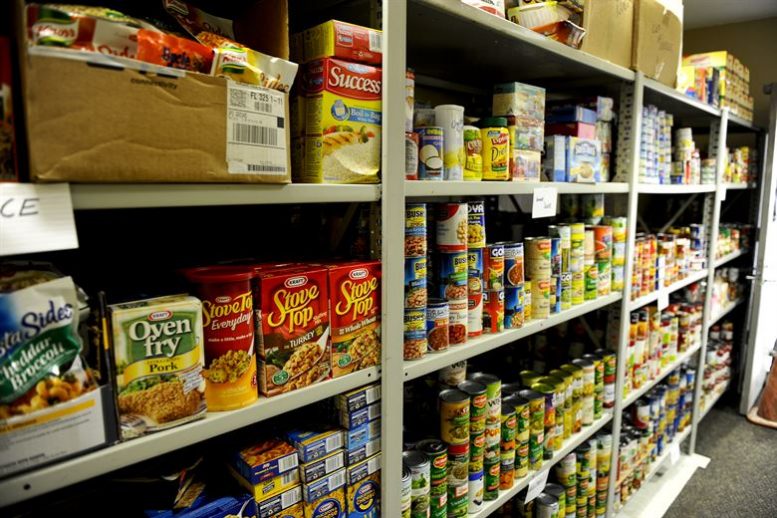By Susan Tebben
Ohio Capital Journal
The Ohio Senate will reconsider a bill regarding photo identification on the Supplemental Nutrition Assistance Program after sending it back to committee Tuesday in the last Senate session of the calendar year.
Senate Bill 165 was re-referred back to the Rules and Reference Committee with no other explanation and no objection from Senate members.
The bill would require a color photo on the front of SNAP debit cards, also referred to as food stamps or EBT. The photo would have to be of at least one adult member of the household eligible for the nutrition assistance.
SNAP benefits are available for residents whose gross monthly income is at or below 130 percent of the federal poverty level. In 2019, that meant a family of four making less than $25,750 per year.
Households with adults older than 60, along with those who are blind or otherwise disabled and victims of domestic violence would be exempt from the photo requirement. Also exempt are children receiving SNAP and those who have a religious objection to being photographed.
Pictures taken by the Ohio Bureau of Motor Vehicles can be used for the SNAP photo, and the bill requires that the Department of Job and Family Services to consult with the BMV and the U.S. Food and Nutrition Service to develop a SNAP distribution strategy.
The bill had the support of the Ohio Auditor Keith Faber and Dennis Lowe of the Fairfield-Hocking-Athens Major Crimes Unit, according to reports from the General Government and Agency Review Committee.
“The state of Ohio has an obligation to deter fraud in the Supplemental Nutrition Assistance Program (SNAP) and Senate Bill 165 offers a simple, yet impactful solution to help us meet it,” Faber wrote in his statement to the committee.
But the bill also had several opponents, including members of the Ohio Poverty Law Center, the Ohio Association of Foodbanks, the think tank Policy Matters Ohio, the Hunger Network in Ohio, the United Way of Summit County and Advocates for Ohio’s Future.
Lisa Hamler-Fugitt, executive director of the Ohio Association of Foodbanks, said she appreciated the attention to the issue of hunger within the state, but said the bill didn’t align with federal regulations, making it ineffective and hard to enforce.
Fugitt also said adding photos to the debit cards is unnecessary, since “trafficking is at a record low in the program,” and there are better options to improve the program’s “integrity.”
She also said it would add undue burden to those needing the cards to get food.
“Low-wage workers (who make up 42 percent of our state’s adult SNAP population) may be extremely reluctant to miss work and (possibly) sacrifice their job in order to make a trip just to have a photo taken to meet the requirement,” Fugitt wrote in her committee testimony.
Jack Frech, formerly the head of Athens County Job and Family Services, said the bill was just another way of preserving the stigma of food assistance, instead of addressing the real problem. Athens County’s food insecurity rate is currently at 20 percent, according to the Athens County Food Pantry, and areas around Southeast Ohio have similar rates.
Frech said focusing on the small amount of fraud and errors within the system ignores the underlying issues, like the fact that food stamps only provide about 70 percent of the food needed for a family.
“In theory, if the food stamp program was working, we wouldn’t need food banks and soup kitchens and things like that,” Frech said. “That’s why hunger is a growing problem in this country; (legislators) have simply chosen to ignore the problem.”
Food banks in Southeast Ohio have been in the spotlight recently, after The Plains native Joe Burrow mentioned the area’s poverty and food insecurity in his speech after winning the Heisman Trophy.
As of Wednesday afternoon, a fundraiser inspired by Burrow’s speech had reached nearly $440,000 for the Athens County Food Pantry.





